A post by
Yogender Malik
freelance writer specializing in Indian and South Asian industry
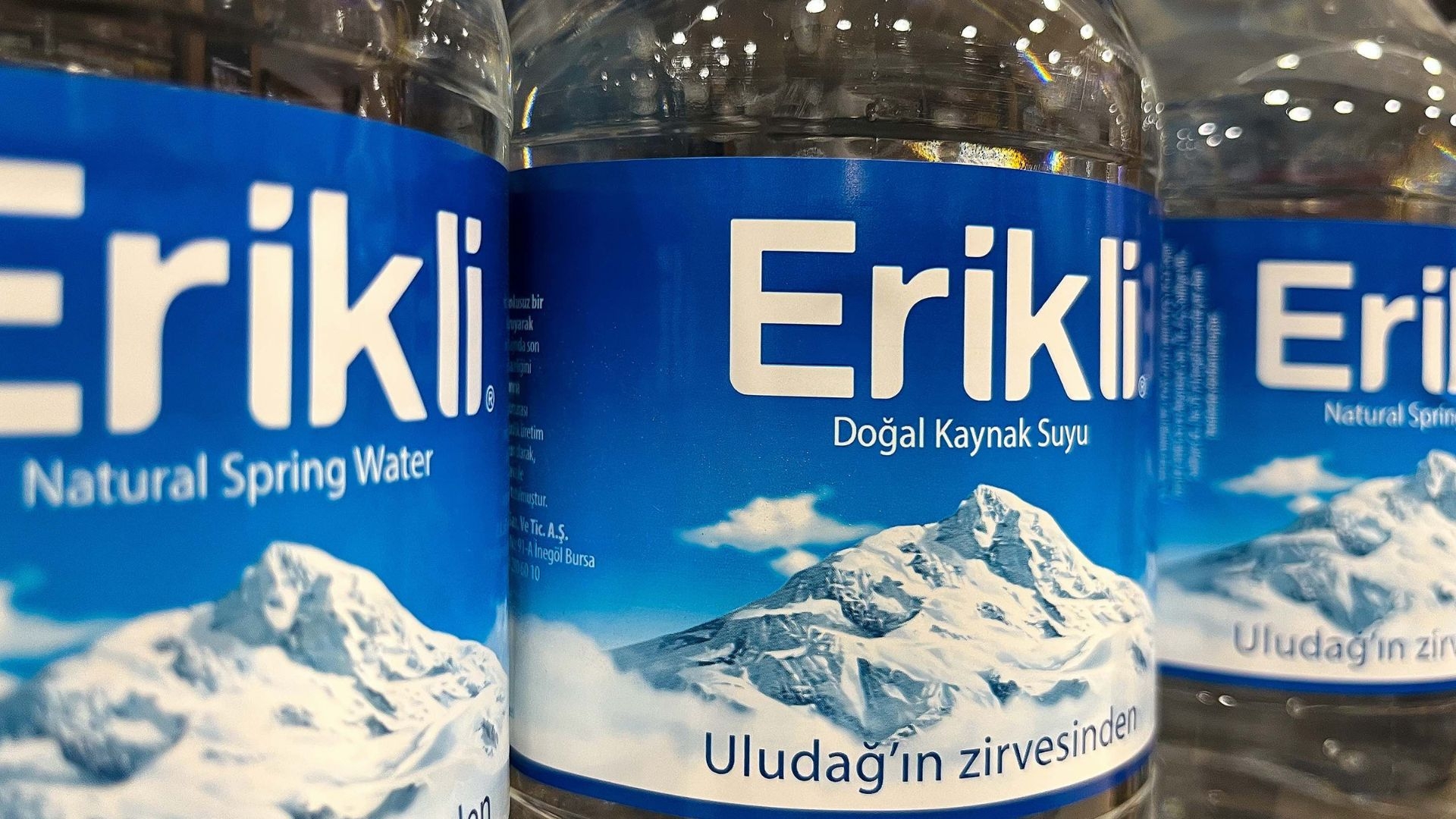
The trend towards health-conscious products such as bottled water is driving strong growth in the water industry in Turkey. To meet rising demand, leading suppliers are expanding their production capacities and investing specifically in expanding their market presence.
Released on 16/07/2025
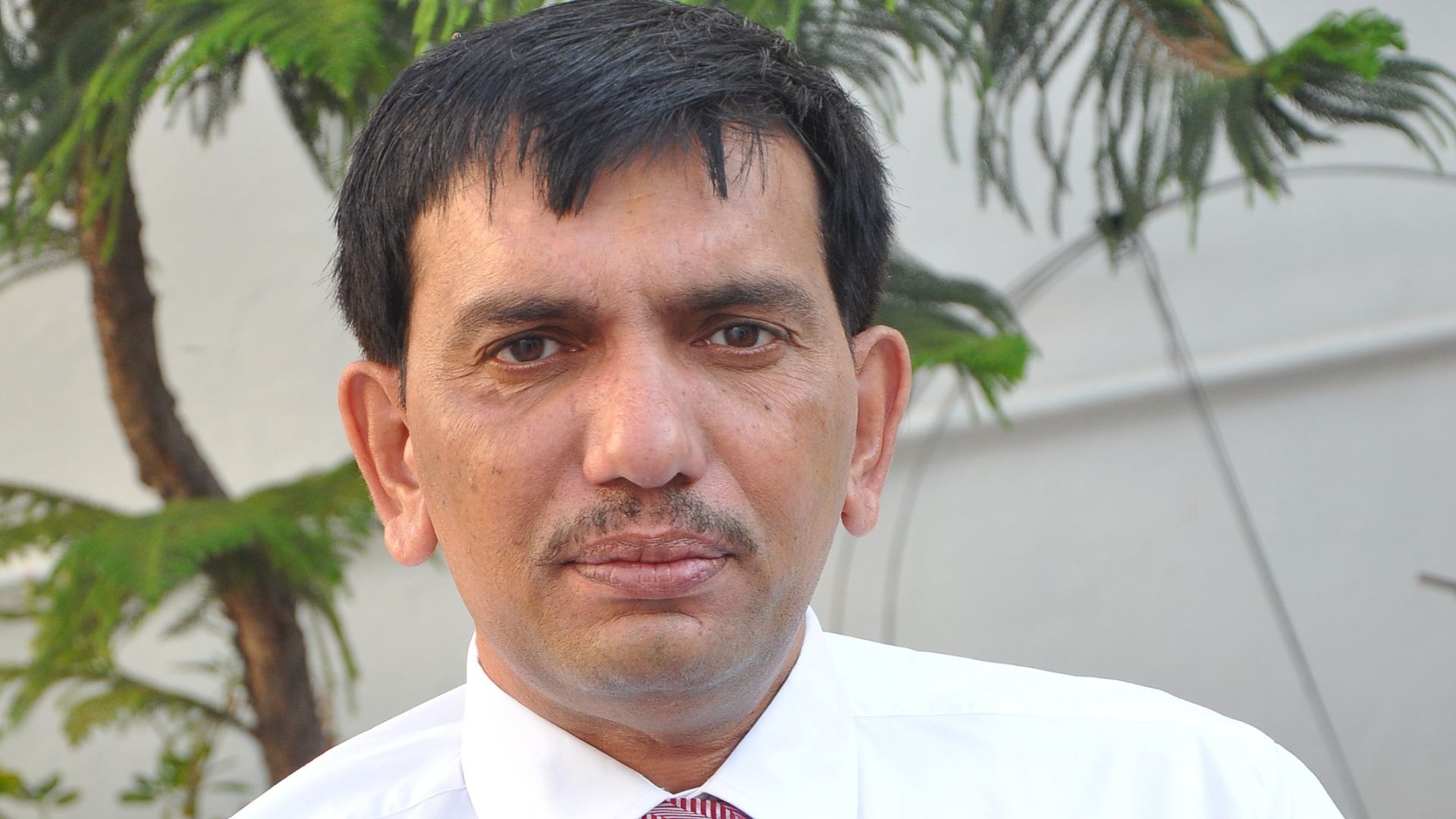

A post by
Yogender Malik
freelance writer specializing in Indian and South Asian industry
Global consumption of bottled water varies from region to region, depending on market conditions and purchasing power, but remains at a high level overall. This growth is expected to continue with a healthy upward trend. Despite geographical and socio-economic differences, a clear trend is emerging: the pursuit of health and well-being.
What we drink is just as important for our health as what we eat. Turkey performs well in both areas, resulting in very healthy growth rates for bottled and packaged drinking water. The bottled water market is experiencing significant growth in this country as consumers increasingly prefer bottled water due to their perception of better quality and safety. With a per capita consumption of 127 litres, Turkish manufacturers of packaged water recorded an average annual growth rate (CAGR) of 1.5 per cent between 2018 and 2023. Consumption is currently rising sharply, especially in the private sector, and is forecast to grow at a rate of 16.21 per cent between 2025 and 2029.
According to data from the Turkish Bottled Water Manufacturers Association (SUDER), the volume of the water market in Turkey reached 10.8 billion litres in 2023 and over 11 billion litres in 2024, representing growth of 1.6 per cent.
Of this, 5.3 billion litres came from the sale of demijohns, a decline of 4.5 per cent, and 5.5 billion litres from the sale of PET bottles, an increase of 8.1 per cent.
Total turnover in this sector amounted to 31.1 billion Turkish lira (TL). The bottled water sector provides employment for around 94,000 people. The total volume of bottled water exported in 2023 amounted to 391,876 tonnes, with total sales of 74,399,505 US dollars.
There are approximately 340 companies licensed by the Turkish Ministry of Health to promote and sell water. The water industry is currently operating at around 45 per cent of its total capacity, which means that there is sufficient scope to meet the growing demand for bottled water without expanding capacity.
SUDER President Asabey Kalebasi emphasises: ‘The contribution of the bottled water sector to the general economy is of great importance. Our sector provides a stable basis of employment for our country.’
A population of around 87 million, rapid urbanisation, public awareness of water safety and rising purchasing power are just some of the factors that have boosted consumption of bottled water in Turkey in recent years. With a GDP of US$1.32 trillion at the end of 2024, Turkey ranks 17th among the world's largest economies.
The country recorded robust economic growth of 4.5 per cent in 2023, which slowed slightly to 3.2 per cent in 2024. GDP growth of 3.1 per cent is expected for 2025. Macroeconomic factors point to a healthy growth phase for Turkish bottled water producers in the short to medium term.
The country has been one of the fastest-growing economies over the past decade, with an average annual growth rate of 4.9 per cent. The standard of living of the Turkish population has roughly quadrupled. The labour market and social conditions have improved significantly. The employment rate among the population aged between 15 and 64 has risen from around 50 per cent in 2005 to 60 per cent in 2023, and the poverty rate has halved.
On the negative side, however, stricter financial conditions and restrictive monetary and fiscal policies are likely to dampen private household consumption. Investment and government spending are also likely to decline as reconstruction work slows down after the earthquake. Long-standing macroeconomic and structural challenges that will affect growth potential – including high inflation, low productivity growth and declining foreign direct investment – are likely to have an indirect impact on the consumption of packaged water in the country.
The dynamic tourism sector is one of the biggest drivers of demand for packaged water in Turkey. In 2023, Turkey ranked fifth among the world's most visited countries. In 2024, Turkey attracted around 52.6 million foreign tourists and achieved record revenues of 61.1 billion US dollars in the tourism sector. According to the latest data from the World Travel and Tourism Council, the Turkish travel and tourism sector will reach new heights in the current year. Tourism contributes 12 per cent to the country's GDP.
Despite the positive outlook for the water industry in Turkey, there are concerns that the industry needs to address. Per capita consumption of bottled water in Turkey is among the highest in the world. However, this figure has fallen steadily in recent years. Between 2016 and 2023, per capita consumption fell from 144 litres to 127 litres. Prices for bottled water recorded one of the sharpest increases between July 2023 and June 2024, growing by over 100 per cent in 2023. Although there were no significant increases in fuel prices, wages or exchange rates, prices for bottled water tripled during this period. In some areas of Istanbul, the price of a 19-litre water container has reached up to 4 US dollars, making it unaffordable for many consumers.
Attractive packaging has become one of the most important differentiators in the Turkish water industry. PET was the dominant packaging format in Turkey. However, the general perception that glass containers are a healthier packaging option has increased demand for such packaging and prompted established companies to launch more products in glass packaging.
As consumer demand is stimulated by new brands entering the market with glass packaging in various sizes and formats, glass packaging, which used to be almost exclusively used in restaurants, hotels, cafés and similar out-of-home establishments, is now also being supplied to retailers and private households. Due to their appeal to consumers, 5, 8, 12, 15 and 19 litre demijohn bottles are driving the growth of the glass packaging market.
Erikli is part of the world's leading company Nestlé and was founded in 1965 to bottle spring water from the Uludag Mountains for various bottlers and for domestic use. The Uludag Mountains are located in the western Turkish city of Bursa, which looks back on 2,000 years of history and is known for its drinking fountains. In 1985, Erikli began selling bottles under its own brand, switched to plastic and diversified its formats for businesses, restaurants and family use. In 2006, the Nestlé Waters Group, which had been present on the Turkish market since 2001 with its Nestlé Pure Life water, acquired Erikli. This acquisition made Nestlé the market leader in the domestic market with a market share of 19 per cent at the time. With an annual consumption of around 100 million bottles, Erikli is Nestlé's eighth largest brand worldwide.
As a subsidiary of the conglomerate Yasar Holding, Pinar Su was one of the first companies in Turkey to market drinking water in disposable packaging. The first production facility was built in 1984. The water comes from four natural springs in Madran, Gokceagaç, Akcaagac and Inegol. It is bottled in plastic or glass bottles and in bulk containers. The still spring water is sold under the brand name ‘Pinar Yasam Pinarim’, while the sparkling water is sold under the brand name ‘Denge’. The second phase of the project, the plastic bottle production line and the bottling facilities, was completed in 2016. Investments were made in the new plant in Inegol in Bursa to increase capacity by 45 per cent through the production of water in large containers.
Erbak-Uludag icecek is one of the oldest companies in the bottled water sector and has been in existence since 1930. The product, Uludag Natural Mineral Water, which is bottled in the village of Caybasi in Uludag, and Uludag Frutti, which is produced with natural mineral water, are manufactured in the 50,000 m² facility. The company has a capacity of 210,000 glass bottles, 153,000 PET bottles and 36,000 cans. In addition to bottled water, the company produces various beverages, including the legendary Uludag Gazoz and Uludag Limonata, at its 98,000 m² beverage factory (35,000 m² enclosed area) in the village of Yenice in Bursa.
The French multinational company Danone is a major player in the bottled water sector in Turkey. Its brand Hayat Su, which was first produced in 1984, is one of the most traditional brands in the bottled water industry in Turkey and is known for its extensive innovative portfolio.
Kinik Maden Su has been operating in the bottled water sector since 1952 and has become one of Turkey's leading bottled water producers. The company sources its natural mineral water from an unspoilt spring at the foot of Uludag. The company was founded with the idea of bottling this healthy and refreshing spring water. Kinik Mineral Waters was originally sold as medicinal water in pharmacies.
Kizilay Beverage is one of the leading companies in the Turkish water and beverage industry with its strong corporate structure, state-of-the-art factories, continuous quality approach, R&D applications and new investments. The company offers a range of minerals from Afyonkarahisar and Erzincan in 17 different flavours. Kizilay offers tasteless mineral water, naturally flavoured mineral water, fruity mineral water, soda and lemonade made from mineral water.
Machine translated
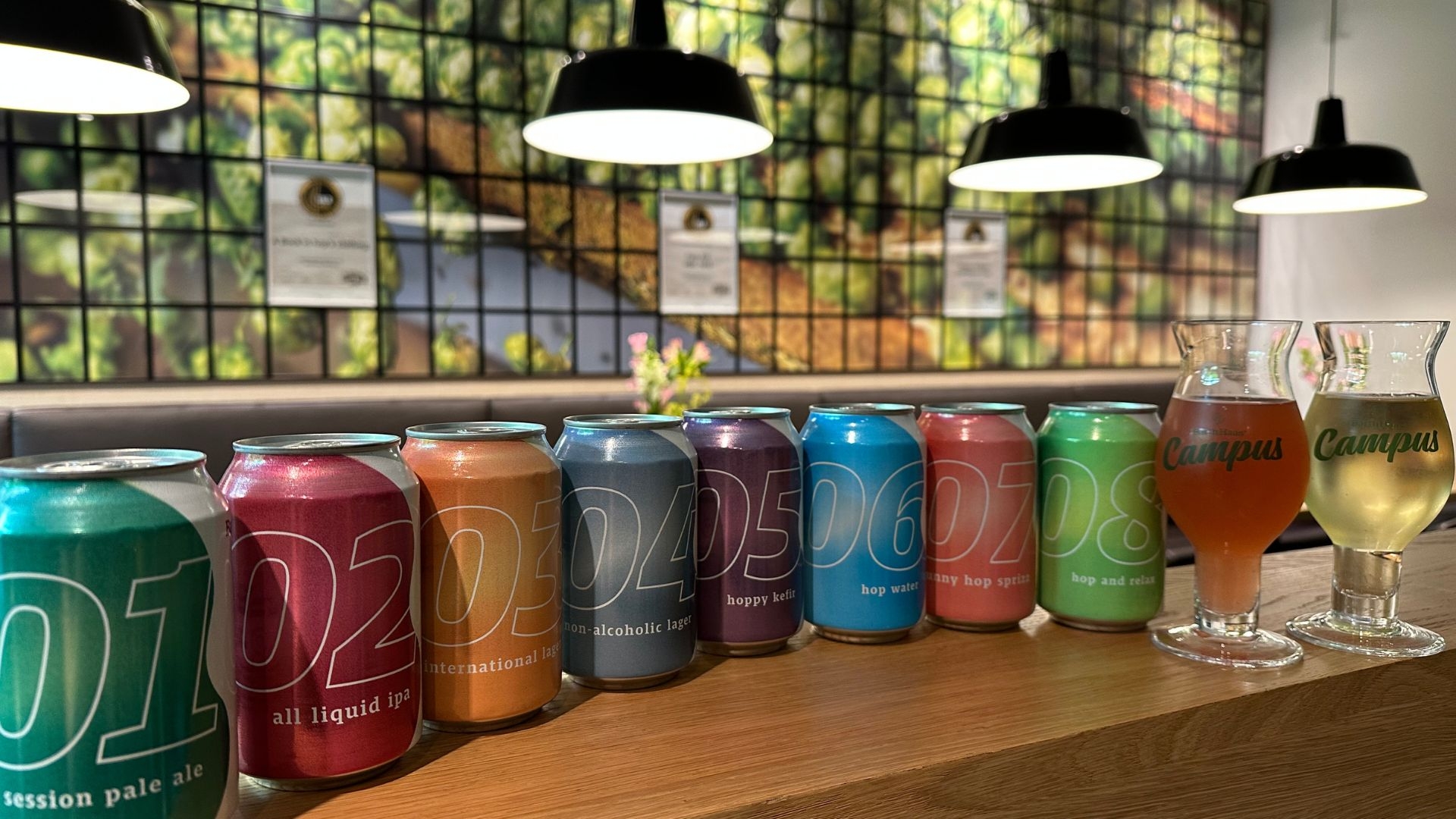
Lifestyle & Health
A post by Lucia Baier
Read more
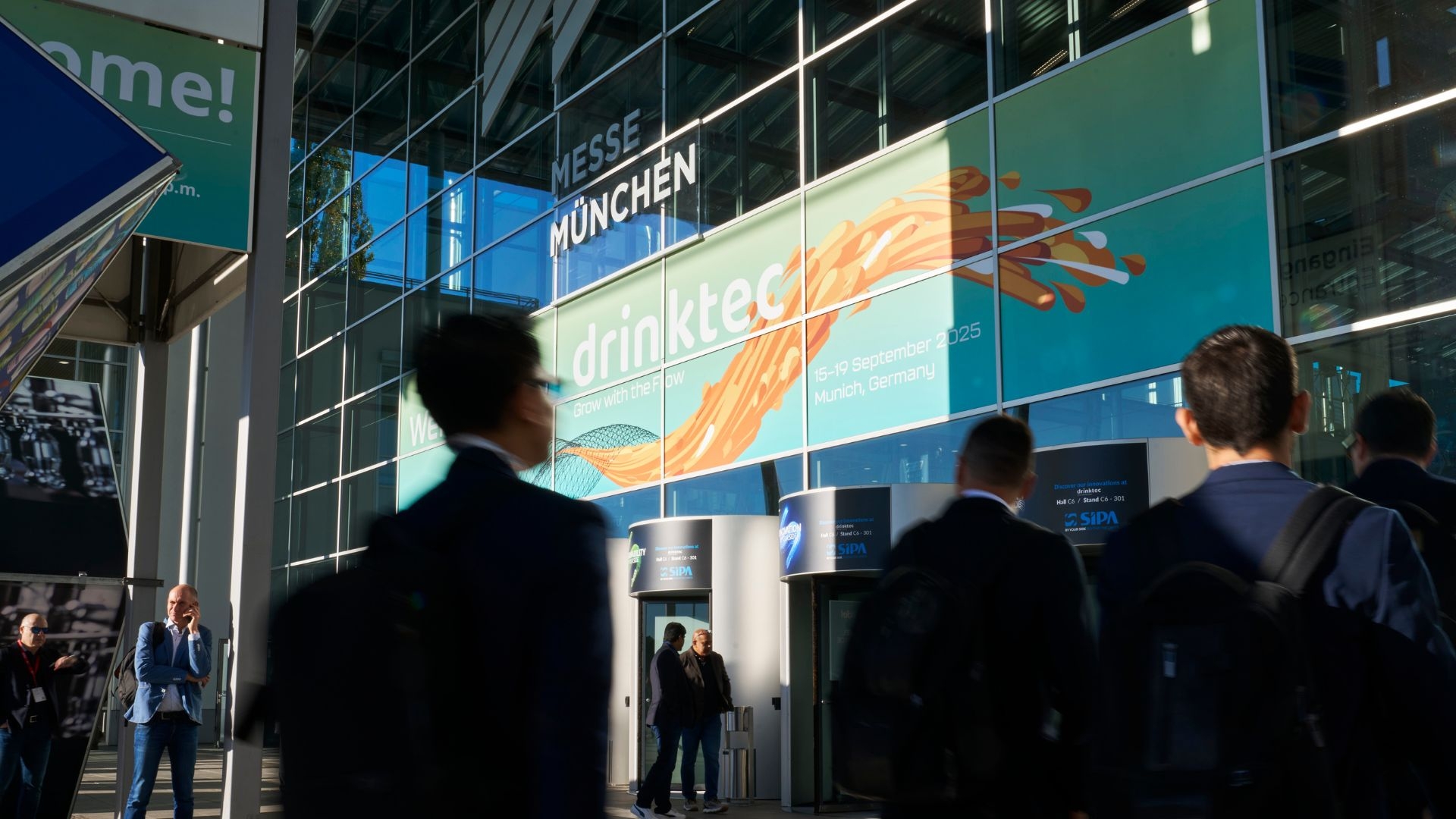
Highlights
A post by Susanne Blüml
Read more
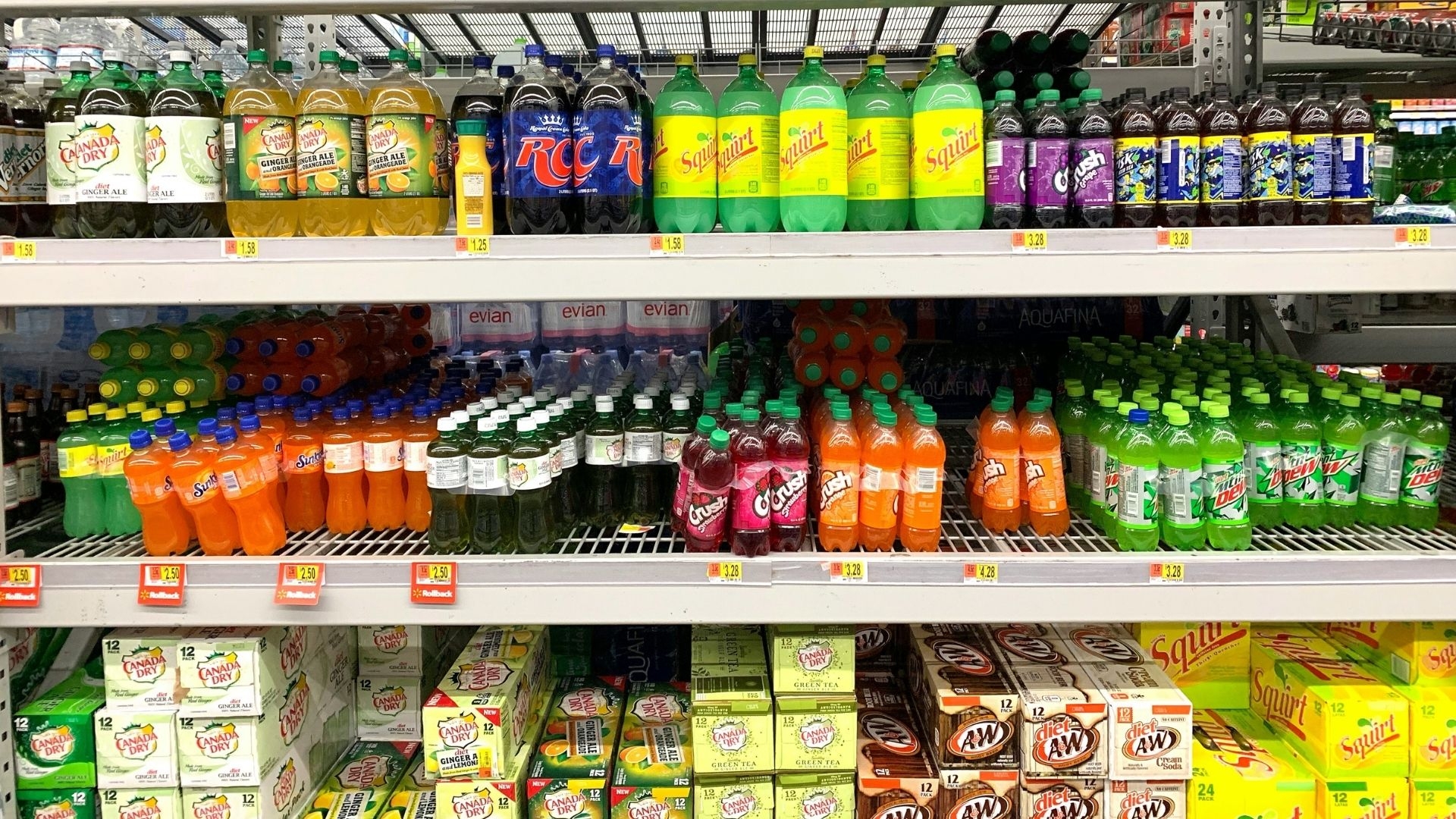
Product safety
A post by Thomas Birus
Read more

Water treatment
A post by Susanne Blüml
Read more